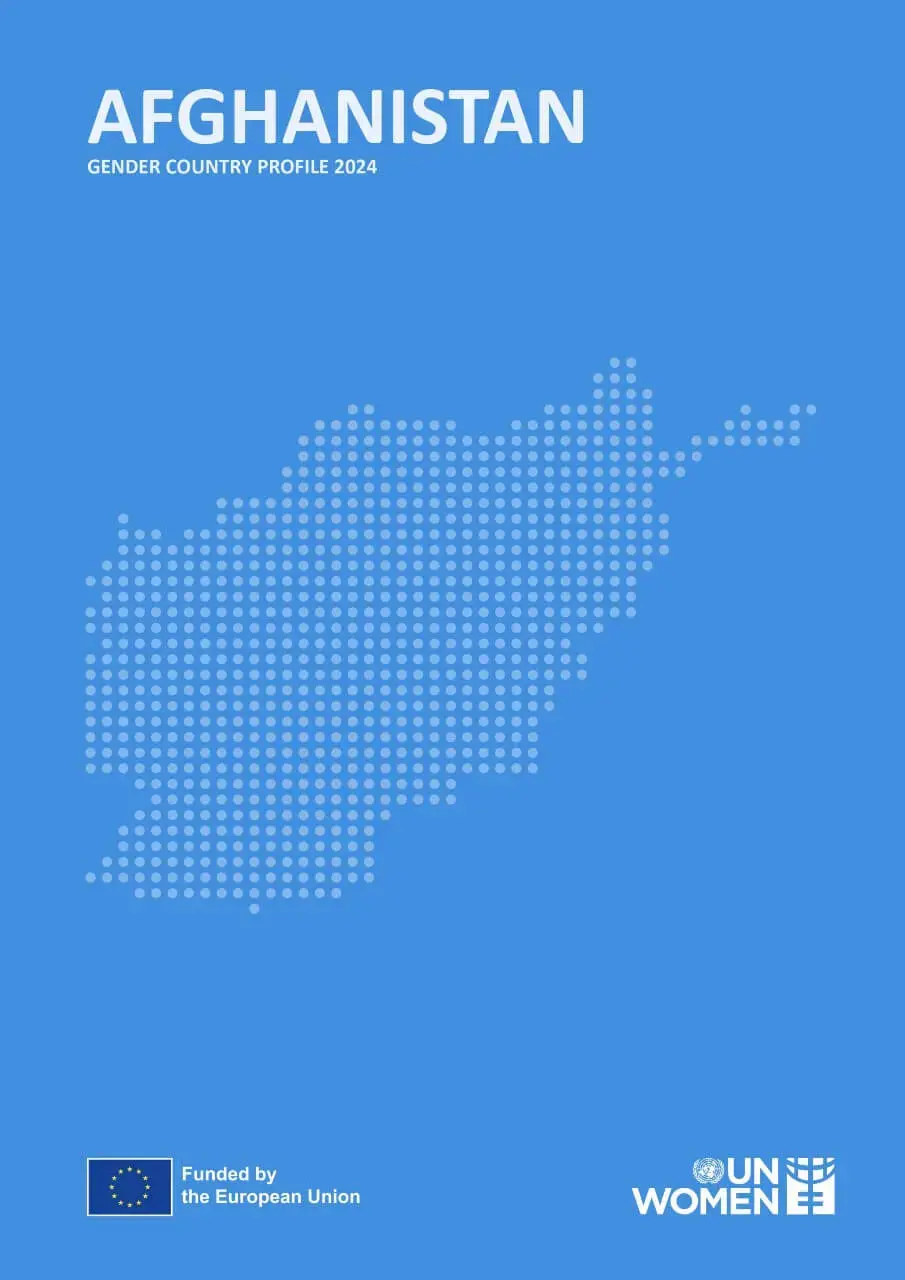
Afghanistan gender country profile 2024
The current situation in Afghanistan presents globally unprecedented challenges to delivering targeted interventions on gender equality. Since August 2021, the Taliban has undertaken an intensive and systematic dismantling of Afghanistan’s legal and institutional infrastructure, particularly targeting those who had supported the gender equality and women’s empowerment advances achieved under the Islamic Republic of Afghanistan between 2001 and 2021. Significant discrepancies exist between the national and subnational levels, yet data collection on issues relating to gender equality is increasingly difficult, especially following bans on women working for NGOs and the extension of this ban to the United Nations.
The “Afghanistan gender country profile 2024”, produced with the financial support of the European Union, provides a snapshot of the current situation regarding gender equality in Afghanistan, noting the previous legal and institutional frameworks (from the period 1978–2021), and examining the current decrees, policies, and practices shaping the gender equality landscape under Taliban rule.
The document then provides a detailed gender analysis and pertinent statistical data to provide an overview of the prevailing situation in-country across six key priority thematic areas:
- ending gender-based violence;
- sexual and reproductive health and rights;
- economic and social rights and empowerment;
- equal participation and leadership;
- women, peace and security; and
- climate change and digitalization.
Each subsection of this profile outlines conclusions and recommendations, identifying key challenges and opportunities in working towards gender equality in the complex operating environment of present-day Afghanistan.
Funded by the European Union, this gender country profile contributes to the Gender Action Plan in External Action 2021–2027 (GAP III).


